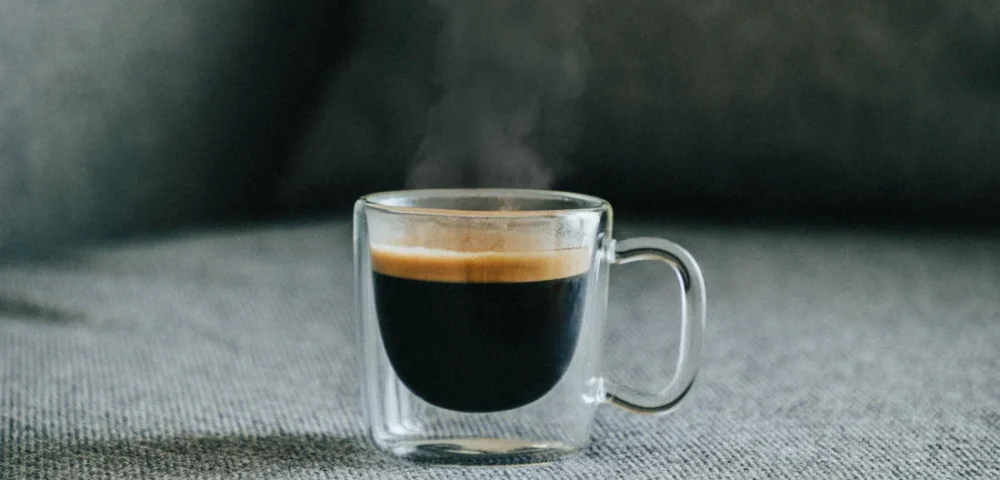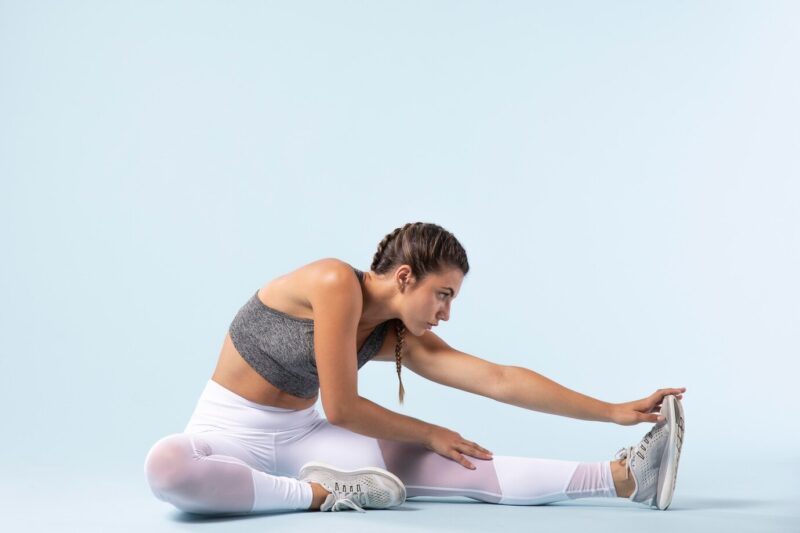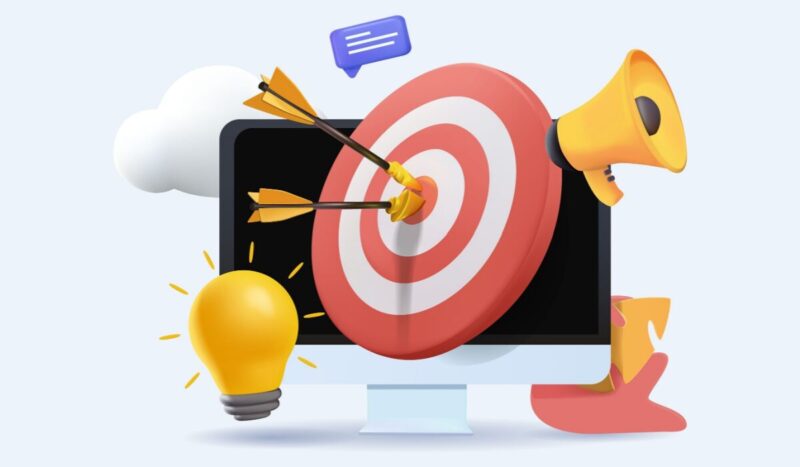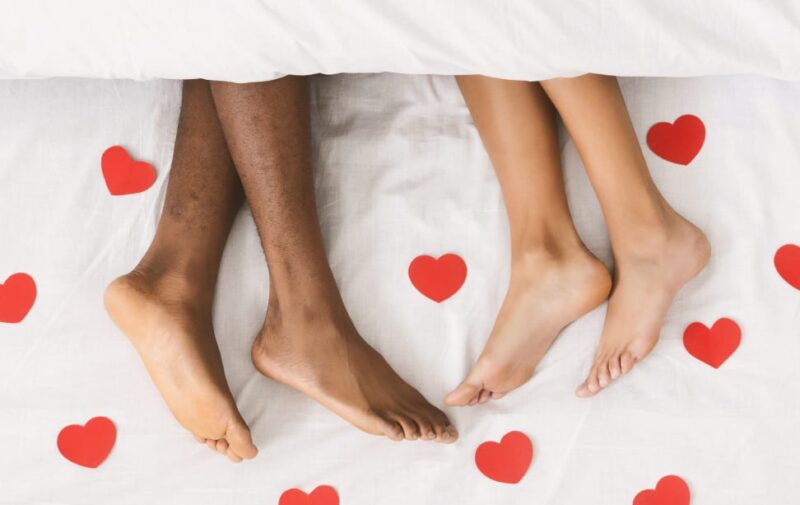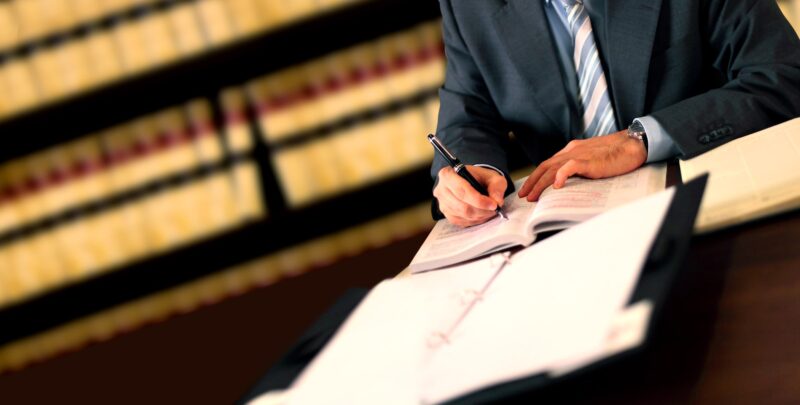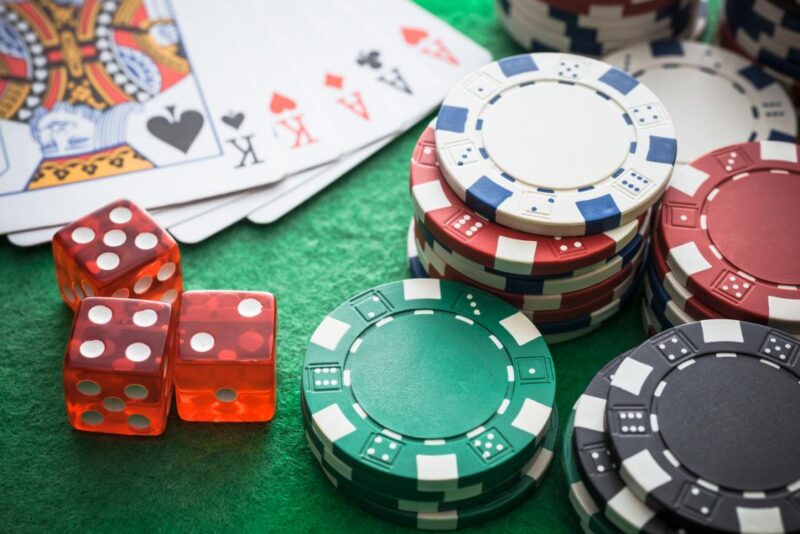Every morning, millions of people worldwide reach for a cup of coffee to kick-start their day, with many opting for the rich, concentrated burst of energy that espresso provides. However, not everyone is aware of the caffeine content in their morning boost or its importance. This blog post aims to shed light on the caffeine content in espresso shots, exploring how this vital component affects our bodies and the factors influencing its levels. By delving into the intricacies of espresso, from its preparation to its impact on health, readers will gain valuable insights into their favorite morning ritual.
What is Espresso?
Espresso is a concentrated coffee beverage brewed by forcing a small amount of nearly boiling water through finely ground coffee beans. Known for its robust flavor, creamy texture, and rich aroma, espresso serves as the foundation for a variety of popular coffee drinks. Unlike regular drip coffee, short black is characterized by its thick consistency and a layer of crema on top, a result of the high-pressure brewing process. This method extracts the coffee’s oils, flavors, and aromas, creating a stronger and more flavorful shot compared to other coffee brewing techniques.
The Role of Caffeine in Espresso
Caffeine is the heart and soul of espresso, responsible for the invigorating effect that coffee lovers seek. Beyond merely waking us up, it interacts with the brain to reduce tiredness and improve concentration and alertness. It achieves this by blocking the action of adenosine, a neurotransmitter that promotes sleep, thereby increasing dopamine and norepinephrine levels in the brain. This stimulant effect makes short black a favorite for those needing a quick energy boost, but it’s also why understanding caffeine content is crucial for managing intake. For an even better understanding of the role this substance has in our lives please click here.
Factors Affecting Caffeine Content
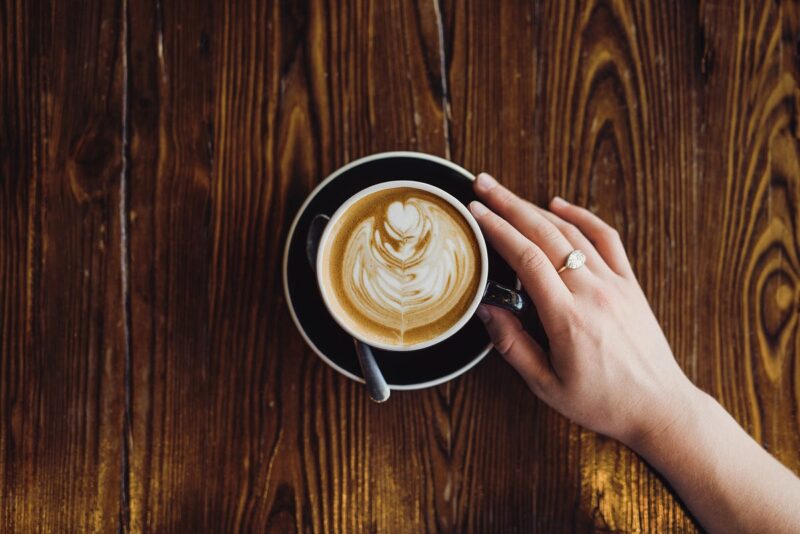
The caffeine content in an espresso shot can vary widely due to several factors. The type of coffee bean is significant; Robusta beans contain nearly twice as much of this substance as Arabica beans. The grind size and brewing method also play critical roles; a finer grind and longer extraction time can lead to more caffeine being pulled into the shot. Additionally, the amount of coffee used and the pressure applied during brewing can affect the caffeine level, making the craft of short black making both an art and a science.
Standard Caffeine Content in Espresso
A standard single shot of espresso (about 1 ounce) typically contains approximately 63 milligrams of caffeine, though this amount can range between 30 to 50 milligrams depending on the factors mentioned earlier. For those preferring a larger dose of coffee, a double shot (doppio) provides around 125 milligrams of caffeine. These quantities highlight espresso’s efficiency in delivering it compared to other coffee types, offering a substantial boost in a small package.
Espresso vs. Other Coffee Beverages
When compared to other coffee beverages, espresso contains a higher concentration of caffeine per ounce. However, because of its smaller serving size, a single shot of short black might have less total caffeine than a standard cup of drip coffee, which contains about 95 milligrams in an 8-ounce serving. Beverages like lattes and cappuccinos, which combine espresso with larger amounts of milk, have similar caffeine content to a single espresso shot, depending on the number of shots used.
Health Benefits of Espresso Consumption
Moderate espresso consumption is associated with several health benefits, including improved mental focus and alertness. Studies suggest that caffeine intake can enhance cognitive function, reaction times, and memory. Furthermore, the antioxidants found in coffee beans can contribute to reduced inflammation and have been linked to a lower risk of certain diseases. However, it’s important to enjoy short black in moderation, as excessive consumption can lead to negative effects.
Potential Risks of Excessive Caffeine Consumption
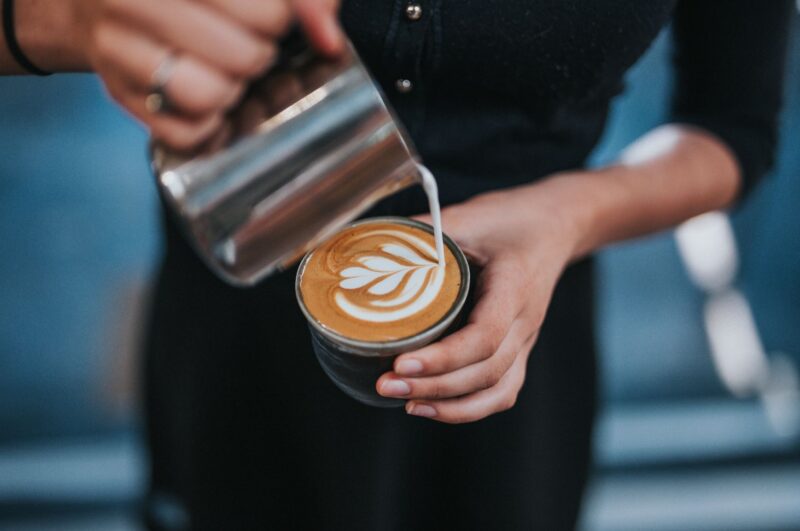
While a morning shot of espresso can be a delightful ritual, excessive caffeine intake can have adverse effects. Consuming too much caffeine may lead to insomnia, jitteriness, an increased heart rate, and anxiety. Individuals have varying sensitivities to caffeine, and it’s crucial to listen to your body and adjust your intake accordingly. Pregnant women and people with certain health conditions should be especially cautious about their overall consumption.
Tailoring Espresso Consumption to Individual Needs
Understanding your caffeine sensitivity is key to customizing your espresso consumption. Some may find that a single shot is more than enough, while others can enjoy multiple servings without adverse effects. If you’re sensitive to this substance or looking to reduce your intake, consider spacing out your coffee consumption throughout the day or opting for smaller servings. Additionally, paying attention to the timing of your short black can help prevent sleep disturbances.
Decaffeinated Espresso Options
For those seeking to limit their caffeine intake without giving up the pleasure of espresso, decaffeinated options are available. Decaf espresso is made using coffee beans that have had the majority of their caffeine removed through various processes, resulting in a beverage that contains only 1-2 milligrams of it per shot. This allows coffee enthusiasts to enjoy the taste and ritual of short black without the stimulating effects of caffeine.
Fun Facts about Espresso and Caffeine
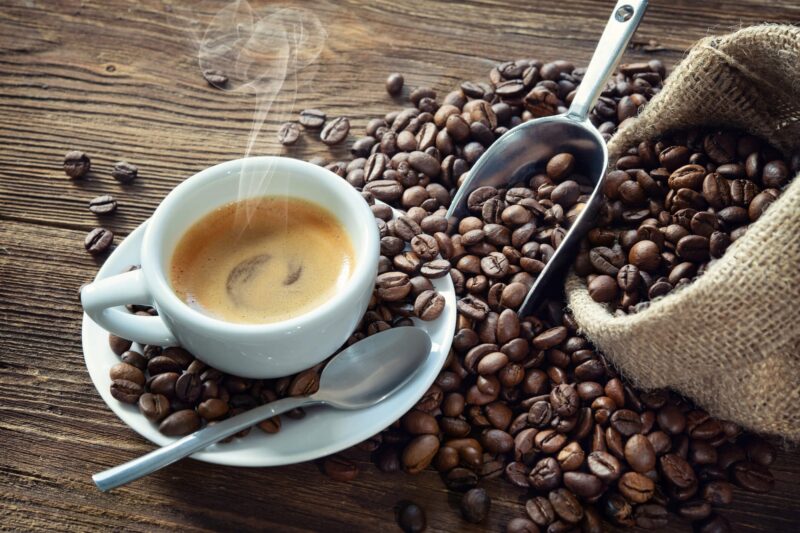
Did you know that the word “espresso” comes from the Italian word for “expressed” or “pressed out,” referring to the way the coffee is made? Or that the first short black machine was patented in 1884 by Angelo Moriondo of Turin, Italy? Espresso has a rich history and cultural significance in many parts of the world, celebrated for its ability to bring people together and energize our days.
Conclusion
Understanding the caffeine content in espresso is crucial for coffee lovers who wish to manage their intake effectively. By recognizing the factors that influence caffeine levels and the differences between short black and other coffee beverages, individuals can tailor their consumption to suit their needs and preferences. While espresso offers numerous health benefits, it’s important to consume it in moderation to avoid the potential risks associated with excessive caffeine intake. As you savor your next shot of short black, consider the journey of the beans and the craft behind every sip, and enjoy the unique energy boost it provides.
Related Posts:
- How Much Stretching Is Too Much? Tips for Avoiding…
- How Often Should You Do Yoga? Adapting Your Practice…
- How Much Penis Enlargement Cost? Methods, and Considerations
- Wondering About Your Car's Past? Here's How to…
- 12 Signs Your Business Should Start Working With a…
- How Sex Toys Can Transform Your Bedroom Dynamics:…


